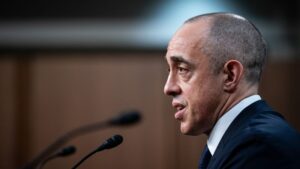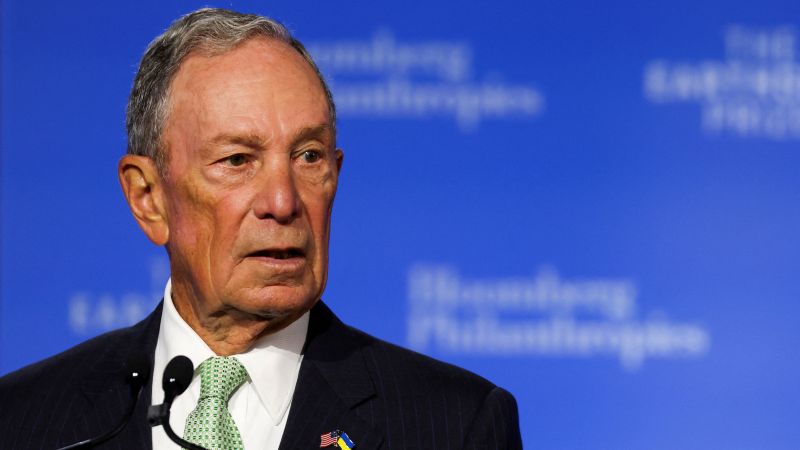In a groundbreaking move, Bloomberg Philanthropies has announced a monumental $1 billion gift to provide free medical school education to the majority of students at Johns Hopkins University. This significant donation, highlighted in Bloomberg Philanthropies’ annual report by Michael Bloomberg, aims to address the intertwined challenges of declining health and education in our society.
Johns Hopkins University revealed on Monday that, thanks to this generous gift, most medical school students will have their full cost of attendance covered, including tuition and living expenses. Eligible students come from families earning less than $300,000, with living expenses also being covered for those from families earning less than $175,000.
This initiative follows a trend of tuition-free medical schools across the country. Earlier this year, the Albert Einstein College of Medicine in New York received a similar $1 billion donation, leading to free tuition for its students. In 2018, NYU’s School of Medicine made headlines as the first medical school in the nation to offer free tuition to accepted students.
In his letter, Bloomberg, an alumnus of Johns Hopkins, emphasized the urgency of addressing the lagging life expectancy in the US, particularly exacerbated by the Covid-19 pandemic. He also underscored the negative impact of the pandemic on public education, highlighting the challenges faced by students during remote learning.
Furthermore, Bloomberg pointed out that the high cost of medical school often discourages students from lower-income families from pursuing a career in medicine. He stressed the importance of addressing this issue as a bipartisan effort to combat the current health crisis.
A recent survey from the Association of American Medical Colleges revealed that a significant portion of medical students graduating in 2023 have accrued substantial education debt, with the average debt exceeding $200,000. Bloomberg noted that financial pressures lead many students to drop out, while others feel compelled to pursue higher-paying specialties to repay their debts, leading to a shortage of primary care doctors in the country.
This substantial donation follows Bloomberg’s previous contribution of $1.8 billion in 2018 towards undergraduate financial aid at Johns Hopkins University. The impact of these philanthropic efforts is expected to have far-reaching implications for the future of medical education in the United States.











